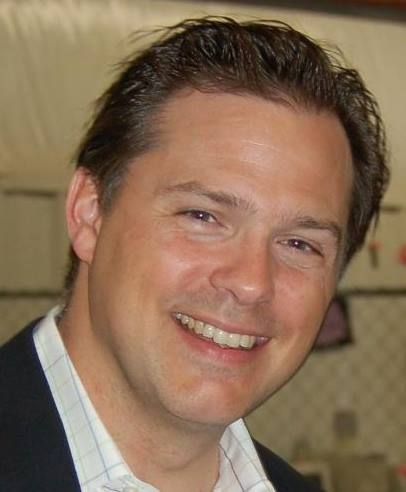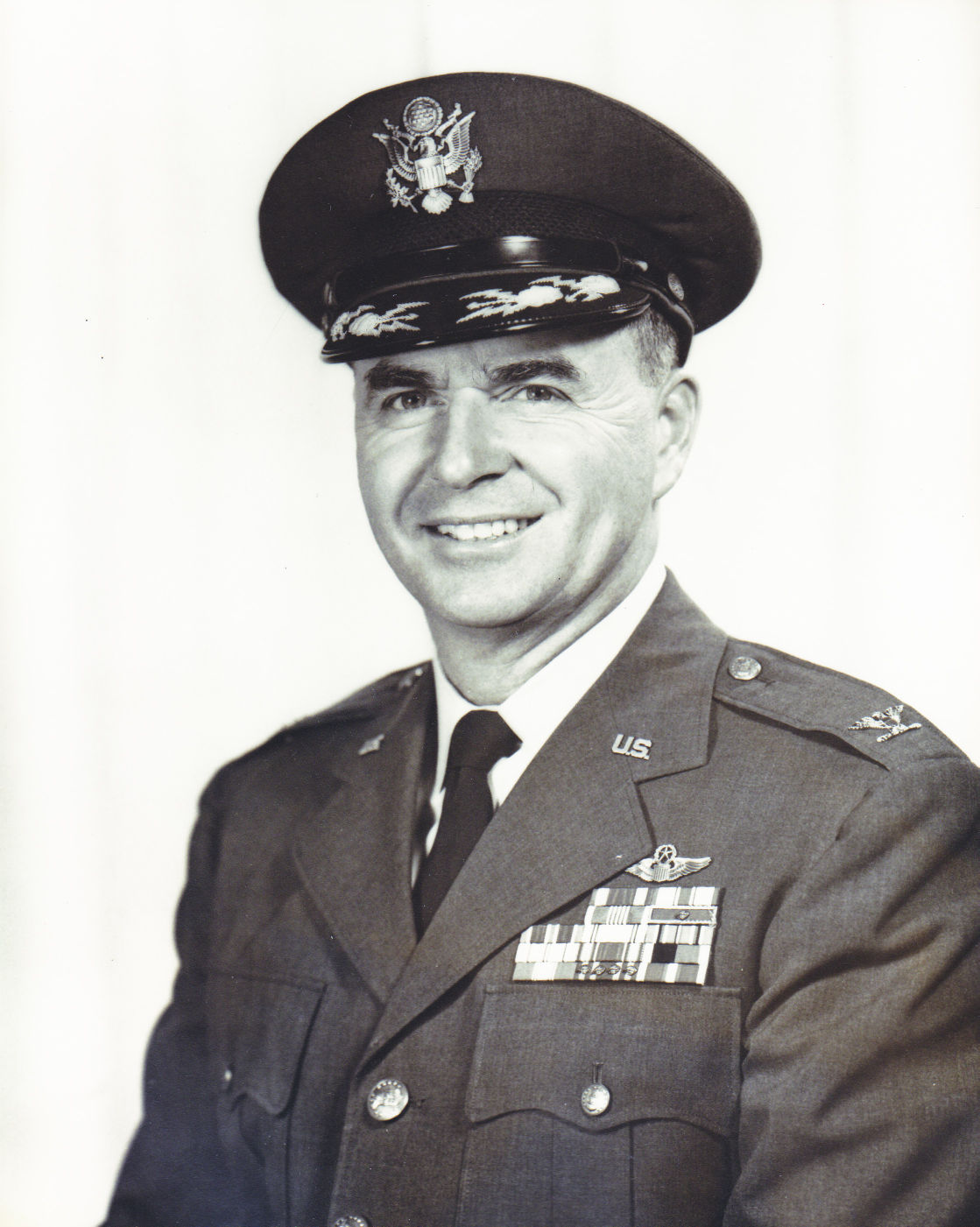Governing by crisis isn’t governing at all
March 25, 2015
Buquet announces candidacy for state Dist. 52 House seat
March 25, 2015James Gueydan could be described as an overachiever, a war veteran and an accomplished investment manager.
But to his family, he was a man of integrity – “a prince of a man.”
James was born Sept. 6, 1916, and spent his formative years in Detroit and Chicago. He graduated from the University of Minnesota, earning a degree in business administration in 1938, then went to work for his father selling insurance for three years, but “hated it” and joined the U.S. Army Air Corps in 1941, said Grace Monk, his second wife of 14 years.
Not long after enlisting, he married his high school sweetheart, Mary Venette McManus, and had two daughters, Sandra Hickey and Pamela Moll. Mary passed away in 1999.
James fought in WWII and the Vietnam War. In between, he earned an M.B.A. at Harvard Business School, graduating with distinction. While at Harvard, James was assigned to GE’s Gas Turbine Division, where he was asked to forecast the jet engine market over the next 10 years. A vice president of the company later said James’ forecast was the best in the industry.
After graduating from Harvard, James was assigned to the Pentagon where he oversaw the development of the B-47 bomber.
James was promoted to Colonel and assigned as a base commander in Vietnam, commanding Nha Trang, an airbase used by the U.S. Air Force during the war. James was a trained pilot who flew a myriad aircraft.
“He flew everything!” Grace went on to list what James could fly: “… a Ryan P.T. 22, a Stearman Bi-Plane, Vultee BT-13, he flew an AT-6, he flew a C-46, a Douglas C-47, a C-54…”
James also served as a test pilot, Grace said. The B-58 was his favorite because it flew at Mach II.
While serving as base commander, top brass had ordered all base commanders to stay on the ground and not fly any missions.
“It was evident that the commander was not flying and he thought that that was hurting the morale of the combat crews, so he managed to get on flying status,” Grace said. James flew more than 170 official missions substituting for pilots who could not fly.
“It was war. There was a price on his head,” Sandra Hickey said. But James “valued his men.”
During one ground support mission, James was flying an AC-47 gunship. It has a couple mini-guns on the pilot’s side and is designed to circle the enemy on the ground and pummel them with the mini-guns’ high-rate fire.
Ground troops were on the verge of being overrun by the Viet Cong one night, but were too close to the enemy to risk the lead spray from the plane’s mini-guns, so their commander asked James to draw the enemy’s fire. James acted as a target for 90 minutes, allowing the U.S. troops to see where the Viet Cong were as their muzzle flash illuminated the trees around them. Using the flash of their guns as a target, the American troops fired mortar shells at the enemy.
“He was a remarkable man,” Hickey said. “I’ve never met anybody quite like him.”
James retired after 27 years in the U.S. Air Force with numerous medals and accolades. In 1970, he moved to New Orleans with his family, where he started his second career in the financial securities market. He was 52 years old.
“Daddy wouldn’t take on anything that he wouldn’t give 100 percent to and made sure he did the best job possible,” Pamela Moll said.
James started at Howard Weil Labouisse Friedriches, and became vice president and co-director of sales within two years. In 1975, James moved to Houma to open an office, and it became profitable within a month. The company later merged with Legg Mason Wood Walker, which merged with Morgan Stanley.
“It was just he and my mother working in the office when it started and it grew to what it is now,” Pamela said.
James continued to work until he was 89 and retired in 2005.
After serving in the military, James continued to fly. Instead of packing the plane with ammunition and a flight crew, he would pack it with his family. They often went on trips to Lake Michigan.
Aside from his success as a pilot and an investment banker, he was also an excellent father.
While he was in Vietnam, he would often write his wife and children. The family would relay send audiotapes.
“And I remember when he was in Vietnam, he would send us tapes … talking to us,” Pamela said. “It was very nice.”
One Christmas, while James was stationed in Florida, he could not come home for Christmas, so Mary and the kids saved the Christmas tree until February for him.
“We were young. He wasn’t going to be home for Christmas, so we waited until February when he would be home,” Pamela said. “Because it wasn’t Christmas without daddy.”










